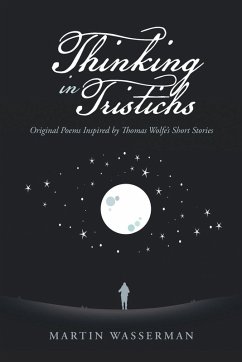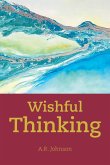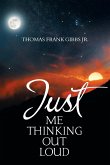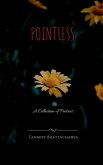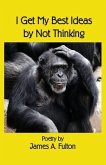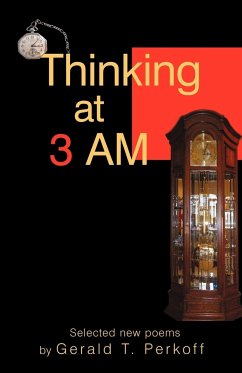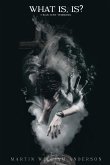In Japan, Thomas Wolfe's long narrative novels frequently inspired his readers to write a great number of haiku poems. However, Martin Wasserman, this book's author, discovered that it was not in Wolfe's novels but in his short stories where one could find endless inspiration. Moreover, in Professor Wasserman's case, it was not the writing of haiku that eventually resulted from the perusing of Wolfe's shorter works but a different type of three-line poem known as the tristich. Fortunately, as the late Greek poet Yannis Ritsos pointed out, tristichs, just like haikus, are capable of delivering sweet and poignant little pictures that often stay with the reader over a lifetime.
Bitte wählen Sie Ihr Anliegen aus.
Rechnungen
Retourenschein anfordern
Bestellstatus
Storno

